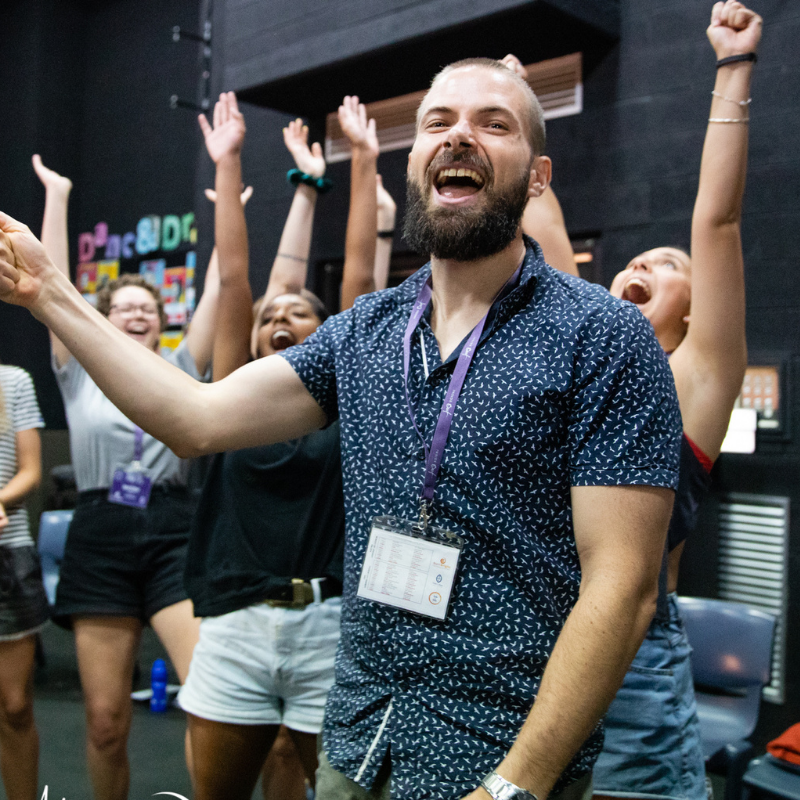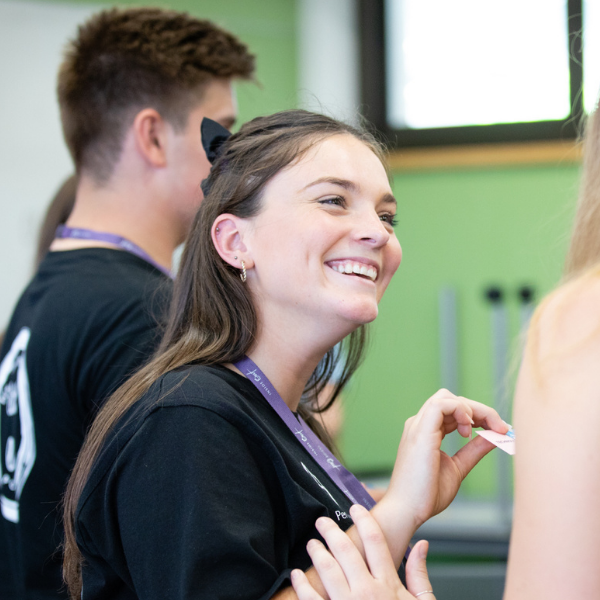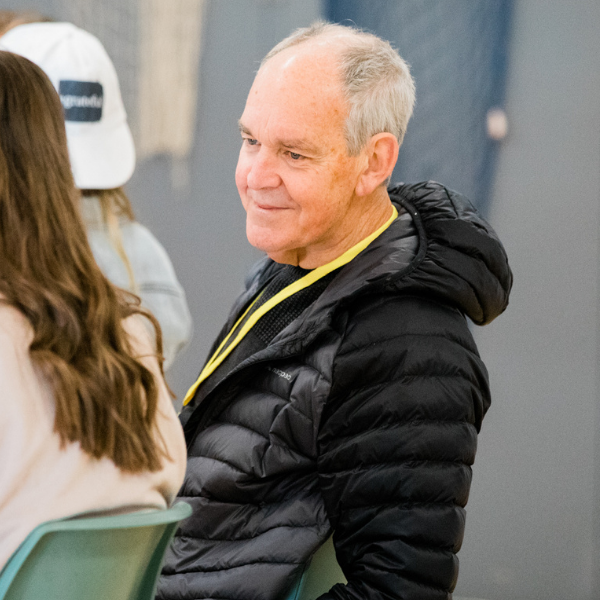Change and disruption have been a continual feature of the 21st century. World events during this time have led to historical firsts and significantly impacted how people live and work.
“Leaders in conventional organisations prioritise maximising gains and hitting goals one after the other. They assume the functions of the planner (creating the strategy and turning it into a plan), the director (delegate responsibilities), and the controller ( ensuring everyone does what they’re assigned to do). However, today’s organisational environments are sophisticated, demanding a novel leadership approach,” says well-established news site journalist Olivia Jones of 8News.
Has a leader’s role evolved? If this is the case, what characteristics define leaders in 21st-century organisations?
Visionary
Leaders, who are known as visionaries, help the development of a strong, unifying mission and vision that serves as the organisation’s North Star and transcends it. They do not get to this understanding in the conference room. Instead, they develop their visions organically inside the organisation by watching and listening to individuals throughout the whole system, putting up suggestions for thought, and fusing them with their innovative thinking.
In addition to acting as visionaries, leaders collaborate with their teams to transform the concept into measurable goals that empowered teams may pursue.
Architect
Leaders take on the role of architects when they are clear about what must be done. Instead of developing a strategic plan, architect leaders play the more complex task of creating a transparent, empowered system that can continuously plan, carry out, and modify the flow of resources throughout reduced work intervals in pursuit of its goals. They encourage a more thorough analysis of the frameworks at the organisation’s centre, opening up possibilities for new opportunities.
Catalyst
Leaders act as catalysts, releasing energy everywhere in the organisation. They accomplish this in four main ways:
- Removing obstacles that stand in the way of empowered teams from putting ideas into action.
- Fostering interconnection across the organisation.
- Assisting individuals in connecting their work to the organisation’s mission and aspirations.
- Promoting a welcoming and inclusive wellness atmosphere where individuals can help put their genuine selves into the workplace, work in empowering and sustainable ways, and continue pursuing the full spectrum of their organisational goals.
Coach

As individuals are given the authority to fulfil organisational objectives, they must acquire better professional experience, develop the ability to think strategically and hone their collaboration skills. The development of attitudes, knowledge, and skills is a crucial area that leaders must focus on.
To do this, leaders as coaches promote a culture of learning within the organisation by fostering a wide variety of official and informal learning programmes. They create conditions that encourage experimentation and stimulate discussion of successes and improvement areas. Additionally, they include coaching throughout their team meetings by seeking out diverse viewpoints to broaden the range of possible solutions and looking for answers than they do offering advice.
Do You Have What It Takes To Be A 21st Century Leader?
While it could appear like 21st-century leadership is quite tricky, it can also be gratifying if done well.
Burn Bright, along with our goal of developing young leaders, believes that successful leadership traits are relevant to both an individual leader and a leadership team. The cornerstones of this efficient leadership approach are the uniquely human qualities of leadership. Organisations must continually look for leaders who exhibit these qualities or develop the leadership skills of their current staff.
Do you impart the crucial success characteristics listed above to your organisational leadership teams? What difficulties do you now face, and how do you intend to deal with them?
Reach out to us and allow us to help you develop the 21st leader innate in you.
By Maya Carter Jones








